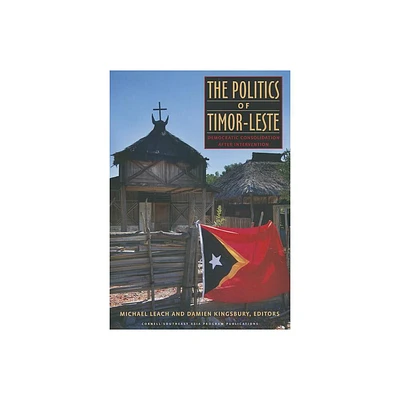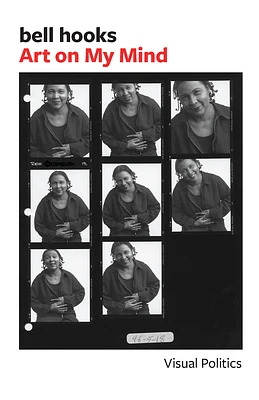Home
Affective Imageries: Visual Politics of Wounded Bodies Timor-Leste
Loading Inventory...
Barnes and Noble
Affective Imageries: Visual Politics of Wounded Bodies Timor-Leste
Current price: $105.00


Barnes and Noble
Affective Imageries: Visual Politics of Wounded Bodies Timor-Leste
Current price: $105.00
Loading Inventory...
Size: Hardcover
*Product Information may vary - to confirm product availability, pricing, and additional information please contact Barnes and Noble
Affective Imageries: Visual Politics of Wounded Bodies in Timor-Leste
analyzes the political mobilization of images of wounded bodies in conflict and post-conflict societies. The book goes beyond traditional analyses of visual politics to offer a new perspective on the construction of affective imageries by considering the importance of poems, photographs and artworks, and calling attention to other ways in which bodies can be affected by conflicts beyond the debate over the physical wounds of war. Connecting debates on visual politics affects and memory studies, and drawing lessons from the East Timorese case, Marcelle Trote Martins reveals how ‘affective imageries’ are created and mobilized, determining the status of the bodies shown in the images, and the kind of (international) attention they merit.
analyzes the political mobilization of images of wounded bodies in conflict and post-conflict societies. The book goes beyond traditional analyses of visual politics to offer a new perspective on the construction of affective imageries by considering the importance of poems, photographs and artworks, and calling attention to other ways in which bodies can be affected by conflicts beyond the debate over the physical wounds of war. Connecting debates on visual politics affects and memory studies, and drawing lessons from the East Timorese case, Marcelle Trote Martins reveals how ‘affective imageries’ are created and mobilized, determining the status of the bodies shown in the images, and the kind of (international) attention they merit.

















